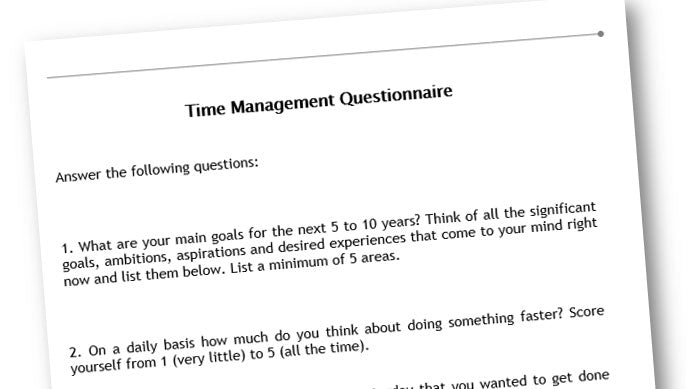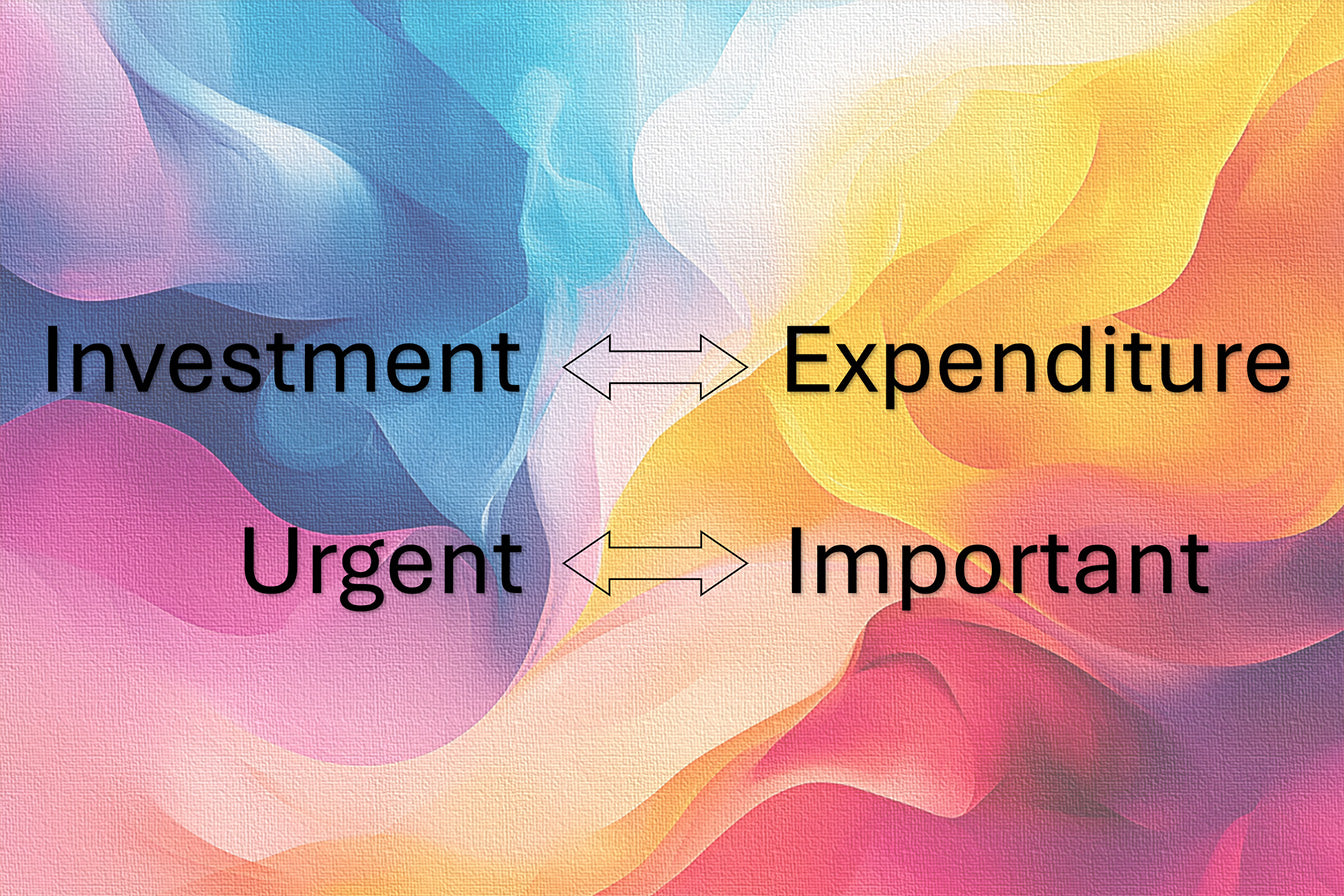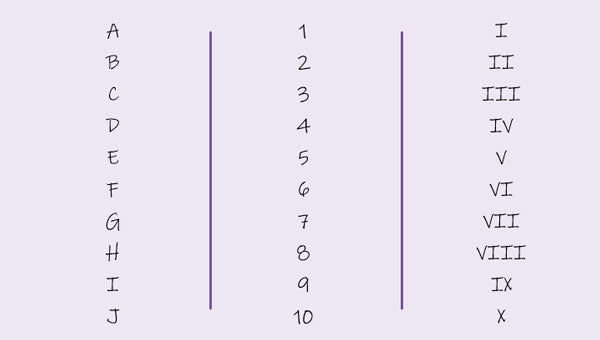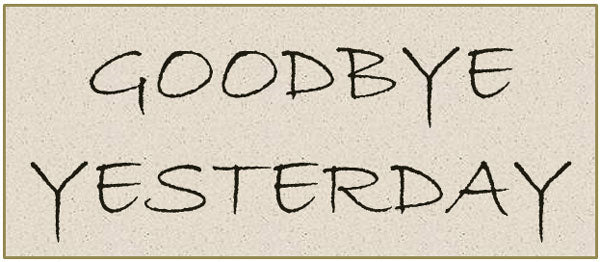Purpose
There is a fundamental difference between efficiency and effectiveness. Most people focus on efficiency. How to get something done faster? How to get somewhere quick? How to achieve more in a given time? How to finish the day’s tasks and go home early? How to do little and get the most from it? How to do only 20% of the effort to get 80% of the results?
This is all good and important. However, it should not be at the expense of something much more important; effectiveness. This captures the idea that what you are doing is going to help you get closer to your goals. Effectiveness is purely personal since it is entirely based on your specific personal goals. In contrast, efficiency is universal—there is a way to do something faster and you can learn to do it too. Effectiveness is about how far you are from your goal and if what you are doing now is going to get you closer to that goal. Efficiency is about how fast you get there.
When it comes to time management, goal setting and productivity, most people tend to focus mainly on efficiency. What is an ideal time management system? What is a good calendar app? How can you do something faster? Where can you get training for it? In contrast, there seems to be very little focus on effectiveness; why are you doing what you are doing? Why should you be doing this rather than something else?
What is the point of getting somewhere faster when where you get to is not where you want to be? How important is it that you check where you are and where you are heading periodically rather than just constantly obsessing about how to get there faster?
If you look around, you will notice that many people are suffering from this misunderstanding and lack of awareness. People spend a huge amount of time getting a degree on a given topic only to realise it is not for them. In a big city, people rush back and forth to work day after day not thinking what this is all about and why they are in the rat race? People get into a job thinking that it is only temporary and end up staying there at pretty much the same level for thirty years and then feel unhappy that no one wants to employ them for anything else.
Hence, a reflection in this area can be quite an eye opener. It is important to learn how to be constantly aware of the distinction so that you don’t get carried away with efficiency at the expense of effectiveness.
Objective
Fill in the questionnaire on efficiency versus effectiveness.
What You Need
- A copy of the “Time Management Questionnaire” provide below for each delegate.
Setup
- Distribute a copy of the “Time Management Questionnaire” to each delegate.
- Ask the delegates to fill in the questionnaire. At this point you don’t need to explain anything. The aim is to get the delegates appreciate the distinction themselves and then reflect on it in relation with their own daily lives.
- Allocate 15 minutes for this part.
- Bring back everyone together and ask them what they thought of the exercise. Expand on the discussions and then cover what was presented in the “purpose” section above.
- Follow with a discussion.
Timing
Explaining the Exercise: 5 minutes
Activity: 15 min filling the form + 15 min sharing and expansion = 30 minutes
Group Feedback: 10 minutes
Discussion
Are you focused more on efficiency than effectiveness? Was this the case for most of other delegates? What does this suggest? What can you do to reverse this? What strategies did others consider that you find useful? What would you be doing tomorrow to make sure you don’t neglect effectiveness? How can you increase your self-awareness on this topic?
Time Management Questionnaire
Answer the following questions:
1. What are your main goals for the next 5 to 10 years? Think of all the significant goals, ambitions, aspirations and desired experiences that come to your mind right now and list them below. List a minimum of 5 areas.
2. On a daily basis how much do you think about doing something faster? Score yourself from 1 (very little) to 5 (all the time).
3. Name three tasks that you were doing yesterday that you wanted to get done faster?
4. On a daily basis how much do you think about why you are doing what you are doing? Score yourself from 1 (very little) to 5 (all the time).
5. What did you do yesterday that was in line with the goals that you identified in question 1?
6. Consider what you did yesterday and list three areas that you spend a lot of time on that were not in line with your goals?
7. Considering the speed at which you went through the important tasks yesterday, do you think you were efficient? Score yourself from 1 (not efficient) to 5 (totally efficient).
8. Comparing what you did yesterday with what you should have been doing, do you think you were effective? Score yourself from 1 (not effective) to 5 (totally effective).
9. What do you think of the difference between your efficiency and your effectiveness? What does it suggest? What should you do about it? Reflect and list a number of actions below.
Soft Skills Training Materials
Get downloadable training materials
Online Train the Trainer Course:
Core Skills
Learn How to Become the Best Trainer in Your Field
All Tags
Training Resources for You

Course Design Strategy
Available as paperback and ebook

Free Training Resources
Download a free comprehensive training package including training guidelines, soft skills training activities, assessment forms and useful training resources that you can use to enhance your courses.

Our Comprehensive Guide to Body Language

Train the Trainer Resources
Get Insights - Read Guides and Books - Attend Courses
Training Materials
Get downloadable training materials on: Management Training, Personal Development, Interpersonal Development, Human Resources, and Sales & Marketing














Leave a comment
All comments are moderated before being published.
This site is protected by hCaptcha and the hCaptcha Privacy Policy and Terms of Service apply.